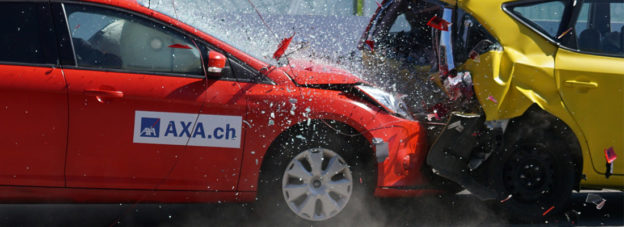The point at which an insurance carrier possesses the equitable right of subrogation is an issue on which the states have differed. Some allow carriers to pursue rights of subrogation immediately upon payment and some have taken stricter approaches. Missouri falls into the latter group. By not allowing the carrier the right to file suit against third-party tortfeasors until the insured provides its carrier with an assignment of all its rights, Missouri’s approach has opened the door for challenges to subrogation rights.
In Megown v. Auto Club Fam. Ins. Co., 2024 Mo. App. LEXIS 82, the plaintiff-insureds Michael and Jane Megown (the Megowns) suffered a house fire on February 8, 2016. Their insurance carrier, Auto Club Family Insurance Company (Auto Club) reimbursed the Megowns for their property damage in the amount of $722,433.56. Subsequently, the Megowns sued Auto Club for breach of contract and later amended their complaint to add claims against Tyberius Enterprises, LLC d/b/a Crag Electric (Craig Electric), the third-party tortfeasor, for direct negligence, alleging both property damage and personal injuries. Auto Club intervened in the Megowns’ claim against Craig Electric to protect its interest as subrogee for its property damage payment to the Megowns. Craig Electric settled prior to trial, paying $1,000,000.00 to both the Megowns and Auto Club, to be allocated at a later date. After a bench trial that apportioned the settlement with $722,433.56 paid to Auto Club and $277,566.44 paid to Megowns – and a jury trial awarding no further damages – the Megowns appealed.




